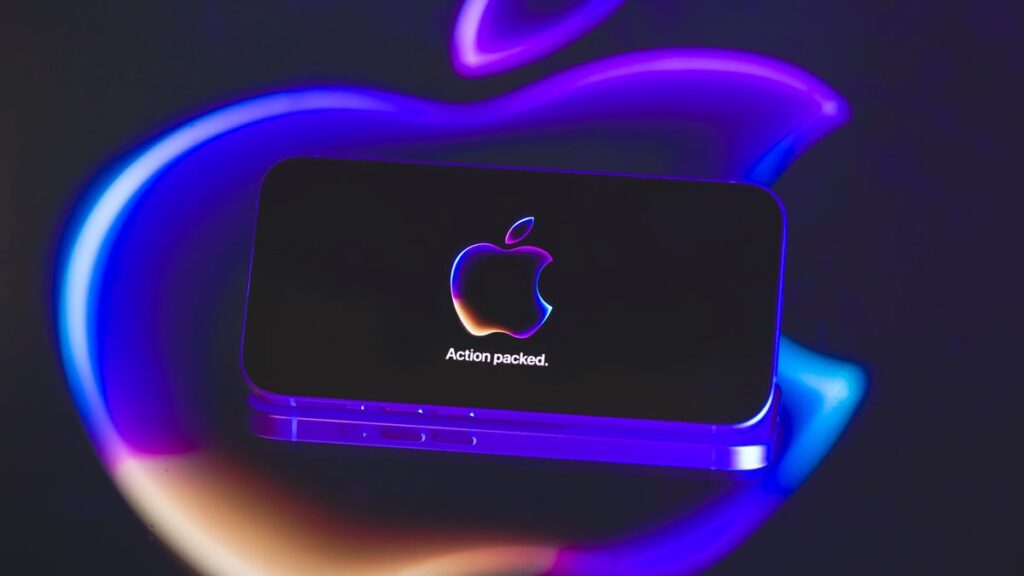We may finally know what Apple CEO Tim Cook was alluding to during the company's quarterly earnings call in February when he said only that the company saw a “tremendous opportunity” with its AI plans.
According to reports from Bloomberg and other sources, the company is set to announce a partnership with AI darling OpenAI at its annual developers conference, WWDC, on Monday to use ChatGPT in Apple's next operating system, iOS 18.

Apple did not respond to CNET's request for comment, and OpenAI declined to comment.
Bloomberg first reported earlier that the two companies were working on a deal, citing people familiar with the matter, and the deal was reported to have closed in May.
Bloomberg reported that Apple is also in talks with Google about licensing its Gemini chatbots, which could ultimately lead to a range of third-party chatbots being offered. Google declined to comment.
ChatGPT, Gemini and other similar tools work through generative AI, in which large language models feed reams of data that help the chatbot craft human-like responses to prompts. Apple's iPhones already use other forms of AI, as do many other tech products and services.
This is a surprising development for the tech giant, which developed the original chatbot Siri, which debuted on the iPhone 4S in 2011. That was three years before Amazon introduced Alexa, and more than a decade before OpenAI unveiled ChatGPT. As Apple fans hope that WWDC 2024 will mark the start of a resurgence for Siri, we also want to ask about the resurgence of Apple itself.
With 2.2 billion active devices, Apple has a sizable existing user base and plenty of incentive to keep them in its ecosystem. About a year ago, there were rumors that Apple was developing its own AI chatbot, called Apple GPT, along with Ajax, a large-scale language model, but the company did not comment at the time.
“The way we do it is, we do the work and then we talk about the work, and we don't get ahead of ourselves,” Cook said of generative AI during a February conference call.
It's a strategy that worked well for the iPhone and iPad, which gave them dominance in their respective product categories, but Apple's hesitation to join the generative AI craze that has swept across major tech companies may have proven unwise.
Editor's note: CNET has used its AI engine to create dozens of articles and label them accordingly. The notes you're reading are attached to articles that substantively address AI topics, but are all written by our expert editors and writers. For more information, visit AI Policy.


